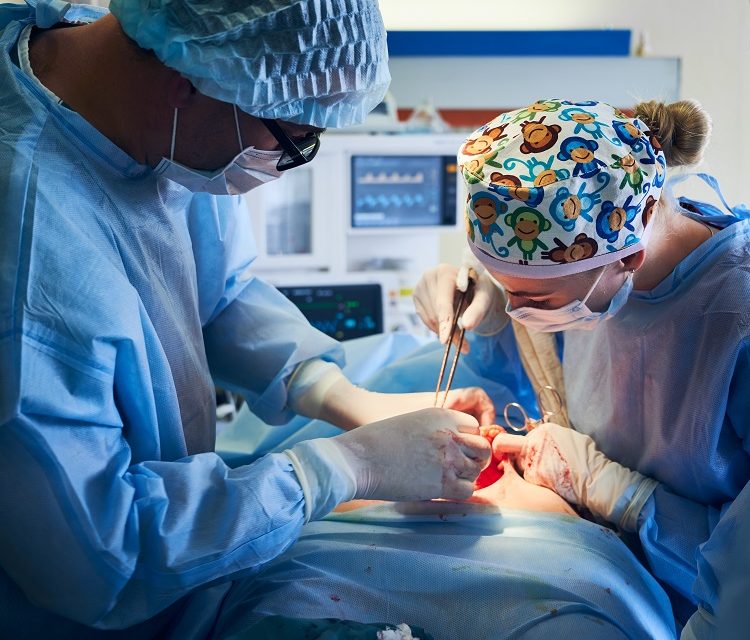Major changes have occurred in the medical environment leading to an evolution from the traditional residency programmes to competency-based ones. Virtual reality (VR) represents a promising simulation resource for surgical training. Several types of VR simulators can be considered, depending on the level of immersion they offer. The goal of the article is to review the progress of VR simulation in plastic surgery (PS) training. A systematic search of the literature was performed on PUBMED/MEDLINE with the following key words: (Simulation OR Virtual Reality) AND (Education OR Training) AND Plastic Surgery from January 1998 to September 2019. A total of 244 results were found, and 80 of them were selected for abstract review. Sixty-four articles were selected for complete reading. Several attempts have been made to create VR simulators and most of them are non-immersive or partially immersive. The main conclusions of them are summarized. VR simulation has been proven to have a role in PS training, offering many advantages. Furthermore, VR simulation can be used for safety training, team interaction and decision-making education. Validation is a key point for acceptance of simulators. Further efforts are required to include simulation in PS curricula.Copyright © 2021 British Association of Plastic, Reconstructive and Aesthetic Surgeons. Published by Elsevier Ltd. All rights reserved.
Virtual reality simulation in plastic surgery training. Literature review.


